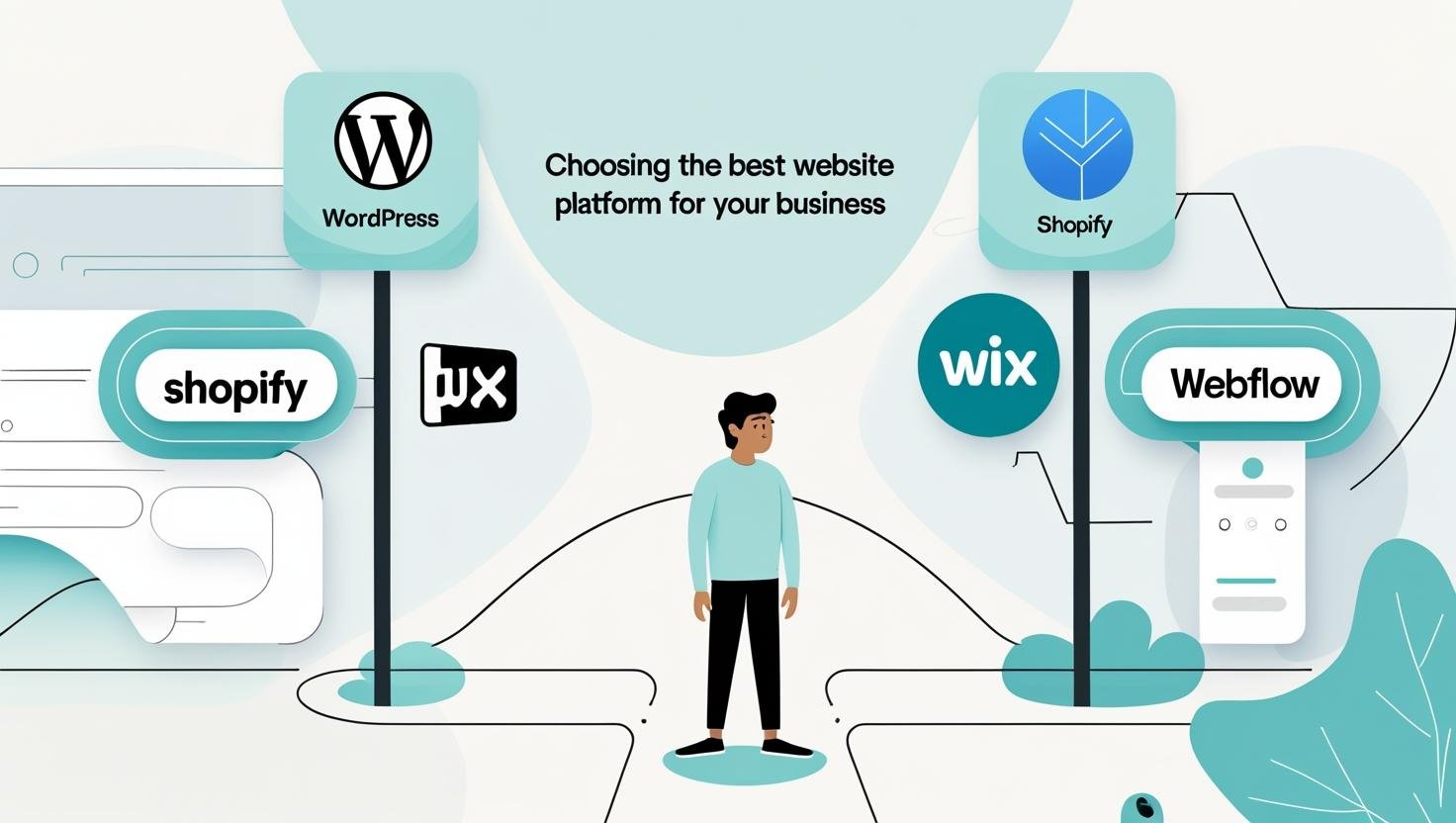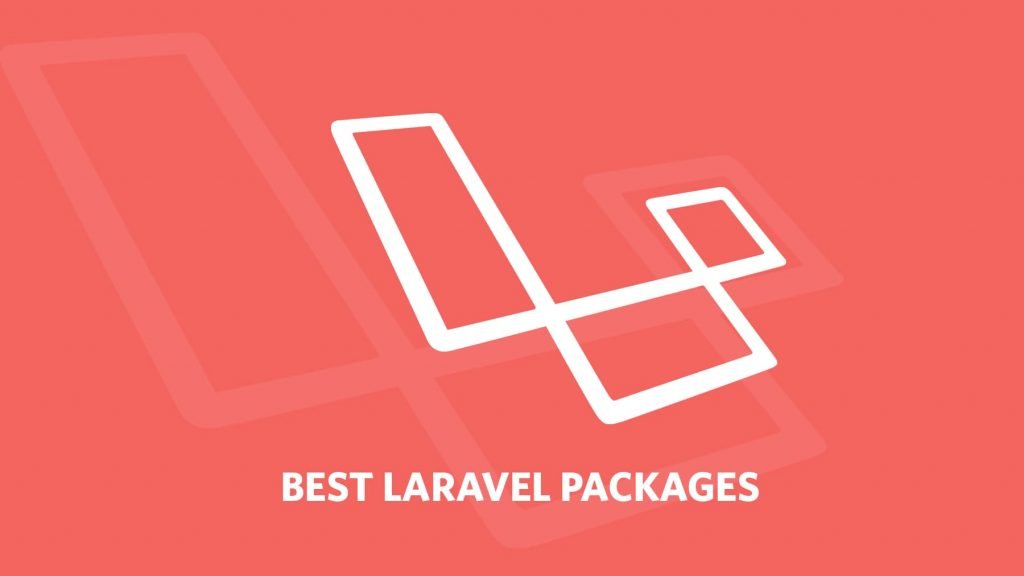Before you design, write, or sell anything, there’s one critical decision to tackle: Why your website platform matters and Which platform should you build it on? And there’s no one-size-fits-all answer.
Whether you are a small business owner, an artist, a marketing agency or a blogger — a great website builds trust and the platform you choose will directly impact your relationship with your customers.
With dozens of options out there, it’s easy to get overwhelmed. And choosing the wrong one can lead to wasted time, extra costs, and a website that doesn’t grow with your business.
Whether you’re a beginner or a creative professional — this guide will help you choose the right platform according to your goals, your budget, and your future plans.
How to Choose the Right platform for Your Business
- What is the primary goal of your website? (Showcase, sales, lead generation, customer portal?)
- Will you be managing products, bookings, or content on your site?
- How often do you think you'll need to update or grow your website?
- Do you want to manage the website yourself, or would you rather have a team handle everything?
A Website Platform is not just a tool — It’s a Long Term Partner
You don’t choose a website platform just for launch day. You choose it for how well it grows with you, adapts to your business needs, and supports your requirements — technically and visually.
A fast, smooth and safe website helps people trust your business.
Make changes to your site without needing technical help.
Connect your website with the tools your business already runs on.
Help your website show up on Google and reach more people.
Your website should grow with your business without needing a full rebuild.
Types of Platforms and Which One Fits Your Business
We’ve categorized the major platform types so you can match them to your business needs.
1. All-in-One Website Builders
If you want ZERO TECH STRESS, start here!
- Elementor,
- Wix
- Squarespace
- Shopify
- Webflow
- First-time website owners
- Small businesses
- Personal portfolios
- Quick online presence with minimal setup
- Drag-and-drop simplicity
Build pages easily by moving elements around without needing to code. - Ready-made layouts to speed up launch
Lots of pre-designed layouts to choose from which can help you get a website live quickly. - Hosting included
Your website is stored and made accessible online without needing a separate hosting setup. - Basic SEO tools
Built-in features like meta tags and site maps help your site show up in search engines.
- Limited design flexibility
You can only change what the platform lets you — no full freedom to design. - Add-on features cost extra
Many useful tools (like forms, analytics, or SEO boosters) require additional paid plugins or subscriptions. - Monthly or transaction-based charges
Pricing includes subscription fees and/or transaction commissions.
2. WordPress (Self-Hosted CMS)
If you need full control over design, content, and SEO to grow your business online, WordPress gives you unmatched flexibility and control.
- WordPress.org (not WordPress.com)
- Blogging sites
- Business websites
- Businesses serious about long-term control
- Marketing teams that want full SEO tools
- Full design freedom (themes or custom)
You can create any layout or style you want, without strict limitations. - Thousands of plugins
Add new features easily without needing to code, using pre-built tools. - Excellent SEO capabilities
Optimized structure and control to improve your Google rankings. - Scalable and future-proof
Can grow with your business without needing to start over every now and then. -
- Needs regular maintenance
You’ll need to update plugins, themes, and security from time to time. - Slight learning curve
It may take some time to understand if you’re new to websites. - Requires separate hosting
You have to get hosting on your own and link it to your website. -
-
3. E-commerce Platforms
If selling online is your main goal — especially physical or digital products — go with a platform built for e-commerce. Shopify is excellent for ease of use. WooCommerce is great if you want WordPress-style control.
- Shopify
- WooCommerce,
- BigCommerce
- Magento
- Product-based businesses
- Online retailers
- Subscription services
- Stores with inventory and payment needs
- Product, cart, and order management
Tools to add products, manage shopping carts, and handle customer orders. - Secure checkout and payment gateways
Safe ways for customers to pay online using cards, UPI, wallets, etc. - Inventory tracking, reports, and analytics
Monitor stock levels and get insights into sales and customer behavior. - Marketing and upsell tools
Features like discount codes, email reminders, and product suggestions to boost sales.
- Monthly or transaction-based charges
Ongoing costs for using the platform or a fee per sale. - Customization depends on the platform
Some platforms let you change everything; others offer limited flexibility.
4. Custom-Built Platforms / Frameworks
If your business runs on software and not just content and you have a tech team or developer — custom development gives you unlimited potential.
- Laravel
- React + Headless CMS
- JAMstack sites
- Html + PHP
- Frameworks, etc.
- Startups with unique functionality
- SaaS products, internal tools, custom portals
- Businesses scaling beyond typical CMS limits
- API Integrations
- Custom checkout flows
- Custom Admin Panel requirements
- Full control over user experience and features
Design every part of your website or application the way you want — from layout to interactions. Deliver a seamless experience for your users. - Custom workflows and backend logic
We create smart, tailored coding solutions as per your requirements — no generic solutions, just what fits you best. - Performance optimization on your terms
From faster load times to smoother user journeys, we optimize every aspect of your system, so your site runs like a dream, every time.
- Requires developer involvement
You’ll need a developer to set it up, make changes, or fix issues. - Higher cost and longer build time
It takes more time to design, build, and launch. - Requires technical team for hosting, security, scalability
You’ll need tech experts to manage hosting, keep it secure, and handle growth.
Conclusion
Choosing a platform is a strategic business decision — not just a tech one. It defines how much control you have, how future-proof your site is, and how much flexibility you’ll get as your business evolves.
Start simple if you’re just beginning, but choose smart if you plan to grow.
If you need clarity, write down your business goals for the next 2–3 years, then map those against the strengths of each platform. The right decision often becomes obvious once your goals are clear.
Still unsure? Let us know your business type, and we can help you shortlist the most suitable platform options.






